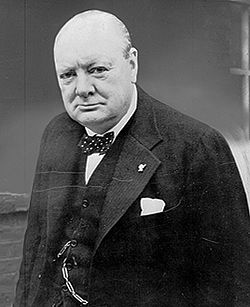I’m fascinated by the new TV show, “Lie to Me.” It’s about the world’s leading deception expert – a human lie detector. The show is quite entertaining, but you won’t need to learn his techniques to improve your interview results. People reveal a great deal about themselves in an interview, but – like a lie detector – much of what you learn isn’t found directly in their answers.
Interviews are not simply a game of tennis, volleying questions and answers back and forth. Some of the best information is found when you look beyond the individual answers into the patterns. Every candidate tells a story, and it carries forward from job to job. If a candidate was a “victim of circumstances” in several jobs, that pattern is likely to persist. If the last 3 bosses were “unreasonable” then the next boss is likely to be perceived the same way within about 6 months.
To gauge psychological resilience, one candidate story I look for is this: Who do they say is to blame for failures? Was it always external factors (a sleazy competitor, or the bad economy) or was there always someone else to blame like a bad boss or “those idiots in marketing.” Did the person ever humbly accept some of the portion of the blame for a failure? I listen for how they perceive their role. Did they see themselves as the person with the power to change things, or simply the victim of circumstance? Do they say “I knew it was a risk, and when it went off course I tried to do something to correct it, but ultimately I misjudged it.”
Frankly, I love failure – it’s a wonderful teacher. But not everyone learns from it, and many people fear it so much they never take necessary risks. If the job seeker never takes responsibility for a failure, they can never learn from it, and they can never improve their performance. If they have never failed, never picked themselves up, adapted their behavior to new circumstances, and gotten back in the game – they may not be resilient enough to drive results in a turbulent economy.
As Winston Churchill once said “Sucess is nothing more than going from failure to failure with undiminished enthusiasm.”
